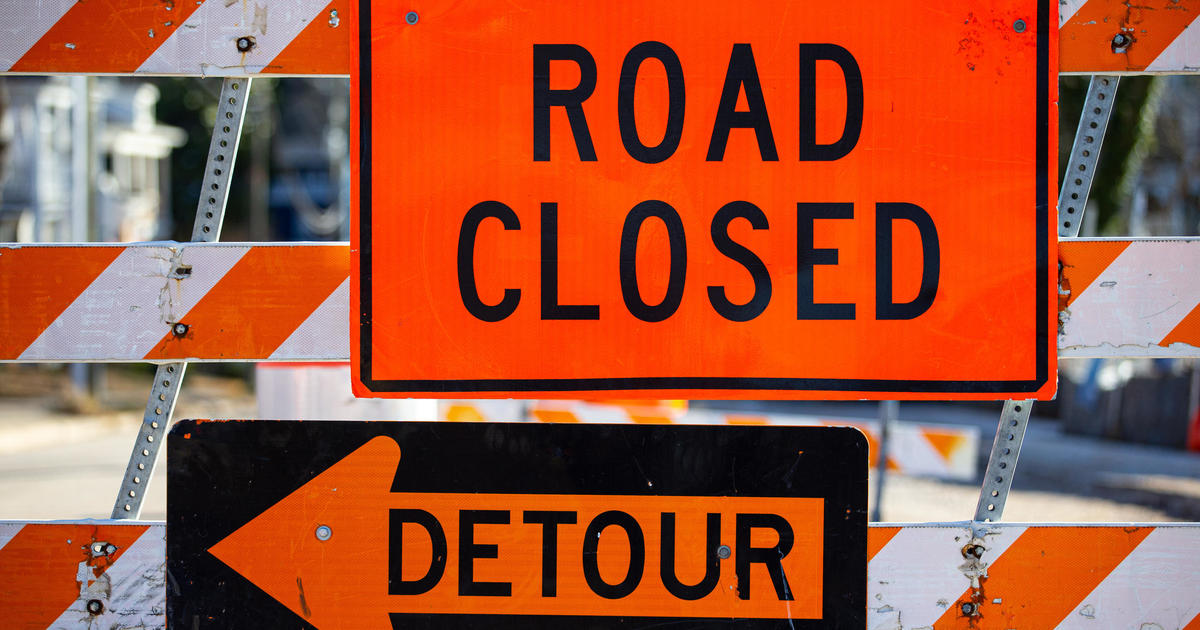Japan Quake, High Gas Prices Not Impacting Car Sales Yet
by Jeff Gilbert
WWJ AutoBeat Reporter
Podcast
Interview: J.D. Power's Jeff Schuster talks about March car sales.
TROY (WWJ) There's some new evidence that rising gas prices and the earthquake in Japan have not yet hampered the auto industry's slow recovery. But, analysts say both issues remain major concerns.
J.D. Power and Associates reports that its study of 8900 dealerships shows sales remaining stable in March. The organization projecting that the March sales will be about nine per cent higher than last year. That means the seasonally adjusted annualized rate (SAAR) will come in around 10.9 million units, slightly ahead of their projections.
And, as we saw in January and February, there remains strong customer interest in buying a new car or truck.
"Retail sales in March are exhibiting strength and remain in line with expectations, despite increasing gas prices and falling inventory levels," said Jeff Schuster, executive director of global forecasting at J.D. Power and Associates. "In fact, retail sales in March may be benefitting from the uncertainty around inventory levels, as consumers flock to dealerships to secure their choice of vehicle as availability decreases."
J.D. Power, however, has slightly increased its retail sales forecast for this year, expecting sales at dealerships to be up 16 per cent from 2010.
This comes as we're starting to see prices of smaller Japanese cars rise, amid concerns of limited availability. Toyota is warning its workers that there will be production disruptions in North America and Nissan is considering shipping engines from the U.S. to Japanese plants.
There is also the concern of increased hostilities in Libya could cause gasoline prices to rise even higher.
An analysis from the University of Michigan's Transportation Research Institute shows higher gas prices are having an impact on buyer's choices.
"Consumers are more interested in hybrids, plugin hybrids, and fuel-efficient gasoline cars and less interested in large cars and light trucks," says the university's chief auto analyst Walter McManus. "Once again the market is giving us irrefutable evidence that fuel economy and fuel prices matter to consumers. Previous episodes of high spikes in fuel prices were in 1974, 1984, 1990, 2006, and 2008."
The issues of gas prices and vehicle availability are now the issues central to the overall recovery.
"The economy is no longer the primary variable that could impact the total year sales volume, as the industry is now grappling with gas prices at their highest level in more than two years, as well as the potential for widespread shortages in vehicle availability," said John Humphrey, senior vice president of automotive operations at J.D. Power and Associates, in a statement. "While risks remain evident, the industry's condition is much stronger and able to weather external shocks better than it could before the recession."
Analysts will be closely watching the impact of the Japan crisis on North America production, but for now, J.D. Power expects the problem to be mostly one for the short and medium term.
"With the uncertainty remaining high about the full extent of the parts supply situation, North American production could be impacted in the weeks to come," said Schuster. "However, our 2011 production forecast remains at 12.9 million units, as we expect any lost volume would be made up later in the year."
Follow Jeff Gilbert on twitter at jefferygilbert



